A Gathering in Charleston, South Carolina
by Paula Gail Benson

82 Queen
This year, I had been regretting my inability to attend any writing conferences. Being among writers and readers always helps to inspire and bring new ideas into focus. Not to mention, adding to my “to be read” list.
A few months ago, I heard from a dear friend to so many of us, Dru Ann Love, that she would be coming to Charleston, South Carolina, to tour the city with friends. Could some of us who lived nearby join them for lunch one day?
My work schedule kept changing, so I wasn’t certain until the last minute that I could join the group. I asked my friend Sue Husman, a retired librarian and voracious reader, if she would ride with me from Columbia to Charleston.
For lunch, we had a reservation at 82 Queen, described on its website as “a uniquely ‘Charleston’ dining experience” in “three buildings and a garden courtyard nestled in the Historic French Quarter.” I had not been there in decades, but I knew it would be delightful and memorable.
As we left the Municipal Garage, we ran into Jackie Layton, who writes “cozy mysteries with Spunky Southern Sleuths,” including the Low Country Dog Walker and the new Texas Flower Farmer Cozy Mysteries, which will debut in July. I was impressed to learn that Jackie combines writing with being a part-time pharmacist. She lives in Pawleys Island, South Carolina, and her website is http://jackielaytoncozyauthor.com. Sue, Jackie, and I took a few minutes to peruse Buxton Books on King Street before heading to 82 Queen.
We dined upstairs in a room wallpapered with images of green parrots. Dru Ann was our most gracious host, introducing us to her friends, Yifat Cestare from New York and Marla Husovsky from California. Since meeting, they had traveled to join each other at several destinations for exploration, food, and fun. Yifat explained the number one requirement was laughing a lot. We were glad to comply.

My lunch: tomato pie and salad. YUM.
Dru Ann made sure we knew about each of the authors. Tina Whittle and Nora McFarland had traveled from Savannah, Georgia.
In addition to short fiction, Tina Whittle writes the Tai Randolph/Trey Seaver mysteries that feature gunshop owner Tai and corporate security agent Trey. She reads tarot and enjoys boxing, sushi, and mini pilgrimages. Her website is http://www.tinawhittle.com.
Nora McFarland has an MFA from USC’s School of Cinematic Arts and has worked in national (CNN) and local news. Her protagonist is Lily Hawkins, a TV News photographer who lives and sleuths in Bakersfield, California. Nora’s website is http://www.noramcfarland.com.

Pralines and Cream Ice Cream for Dessert!
Dorothy McFalls and I always joke that we only meet when traveling to writing conventions. We have both been members of the Lowcountry Romance Writers (chapter of RWA), based in Charleston. Dorothy’s a Charleston resident who writes romance and mysteries. She has two websites: http://dorothymcfalls.com and http://dorothystjames.com. Her mysteries include the White House Gardener, the Southern Chocolate Shop, and the Beloved Bookroom series.
Everyone was very supportive of my short stories, including “Crossfire in the Crosshairs” available in eBook A Death in the Night to be released in August by Dragon Soul Press. You can pre-order here.
Dru Ann had her own happy news that was announced at Malice Domestic. She and Kristopher Zgorski have collaborated to write a short story for a Beatles related anthology that will be edited by Josh Pachter. We are all very excited to read their work. Meanwhile, we’ll be following Dru Ann’s reading adventures at https://drusbookmusing.com/.
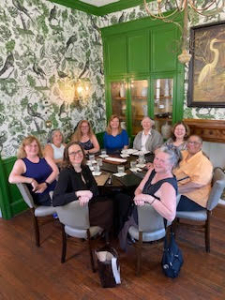
The group with something above!
We had a fabulous time, enjoying great food and conversation. One of the topics was about staying in haunted places. I noticed in the photo our server took that a shiny figure seems to float above us. Some might call it a reflection from the light fixture, but I wonder!
Many thanks to everyone involved in this wonderful day. Dru Ann, Yifat, and Marla, don’t you think you could make Charleston an annual destination?

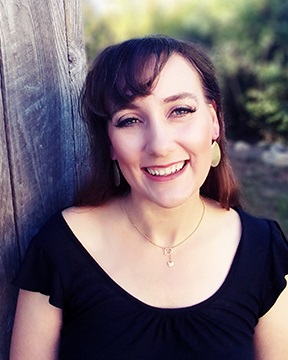


 When the writing is going well, I’m listening to Samantha and Carter and their supporting cast as they dictate their words to me. Older people use different words than younger adults and children do. Sticklers for facts, such as my detective, Buron Washington, are more clipped and precise when they speak. And so on, down to a new character whose vocabulary is unique unto itself.
When the writing is going well, I’m listening to Samantha and Carter and their supporting cast as they dictate their words to me. Older people use different words than younger adults and children do. Sticklers for facts, such as my detective, Buron Washington, are more clipped and precise when they speak. And so on, down to a new character whose vocabulary is unique unto itself.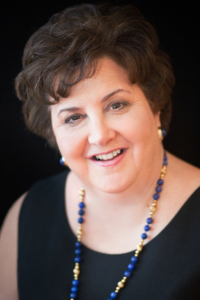 I Hate Packing by Debra H. Goldstein
I Hate Packing by Debra H. Goldstein
 Dear Reader,
Dear Reader,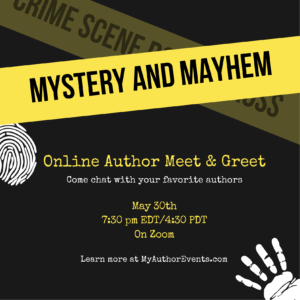 By Lois Winston
By Lois Winston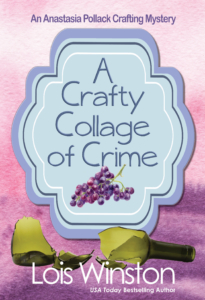 A Crafty Collage of Crime, the 12th book in my Anastasia Pollack Crafting Mystery Series, will release on June 16th. Learn about Anastasia’s new adventure, read the first chapter, and find pre-order links
A Crafty Collage of Crime, the 12th book in my Anastasia Pollack Crafting Mystery Series, will release on June 16th. Learn about Anastasia’s new adventure, read the first chapter, and find pre-order links 
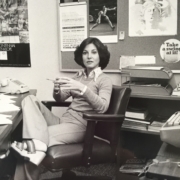 Later that day, I looked through the material he’d left and noticed that one item was an interview he’d conducted with the manager of Jimmy Connors, who was a world-class champion at the time.
Later that day, I looked through the material he’d left and noticed that one item was an interview he’d conducted with the manager of Jimmy Connors, who was a world-class champion at the time.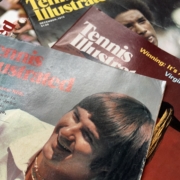 I went to my back files, found the issue I was looking for, and flipped to the page with my interview on it. Everything was identical, down to the last comma and period, except for the photos and the freelancer’s name instead of mine in the byline.
I went to my back files, found the issue I was looking for, and flipped to the page with my interview on it. Everything was identical, down to the last comma and period, except for the photos and the freelancer’s name instead of mine in the byline.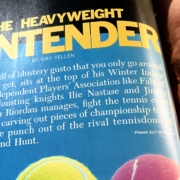

 By Donnell Ann Bell
By Donnell Ann Bell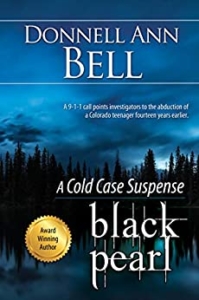 consulted numerous psychological experts. The same is necessary for book three. In addition to reading everything I can about mental health and hospitals, I’m consulting with psychologists, psychotherapists, and psychiatrists.
consulted numerous psychological experts. The same is necessary for book three. In addition to reading everything I can about mental health and hospitals, I’m consulting with psychologists, psychotherapists, and psychiatrists.
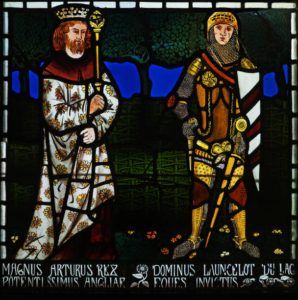
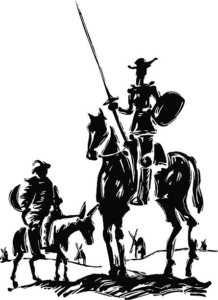
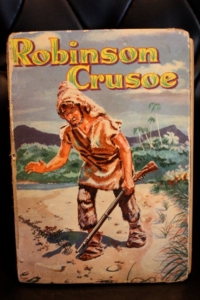
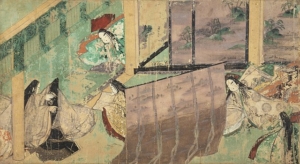
 Kathryn Lane is the award-winning author of the Nikki Garcia Mystery Series.
Kathryn Lane is the award-winning author of the Nikki Garcia Mystery Series.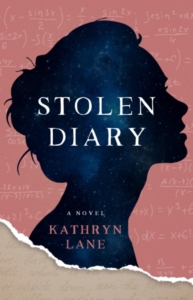 Kindle:
Kindle: 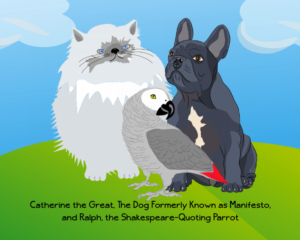 By Lois Winston
By Lois Winston